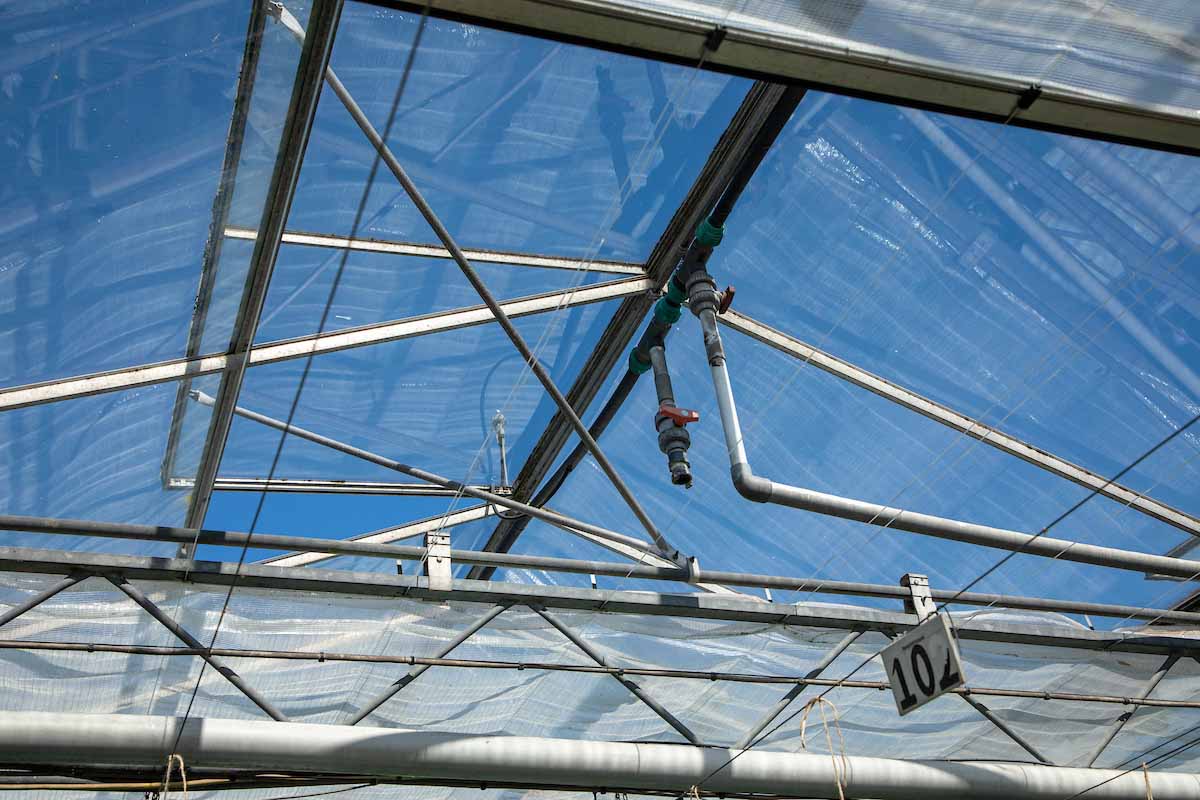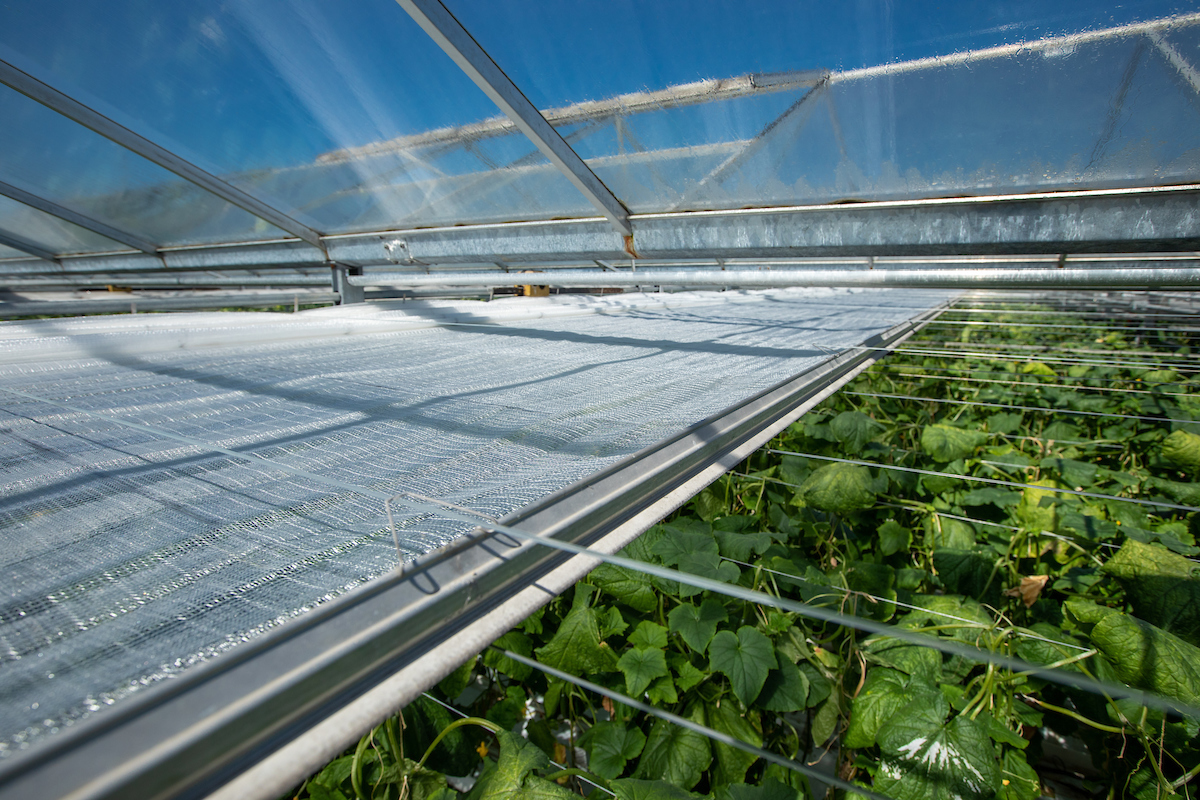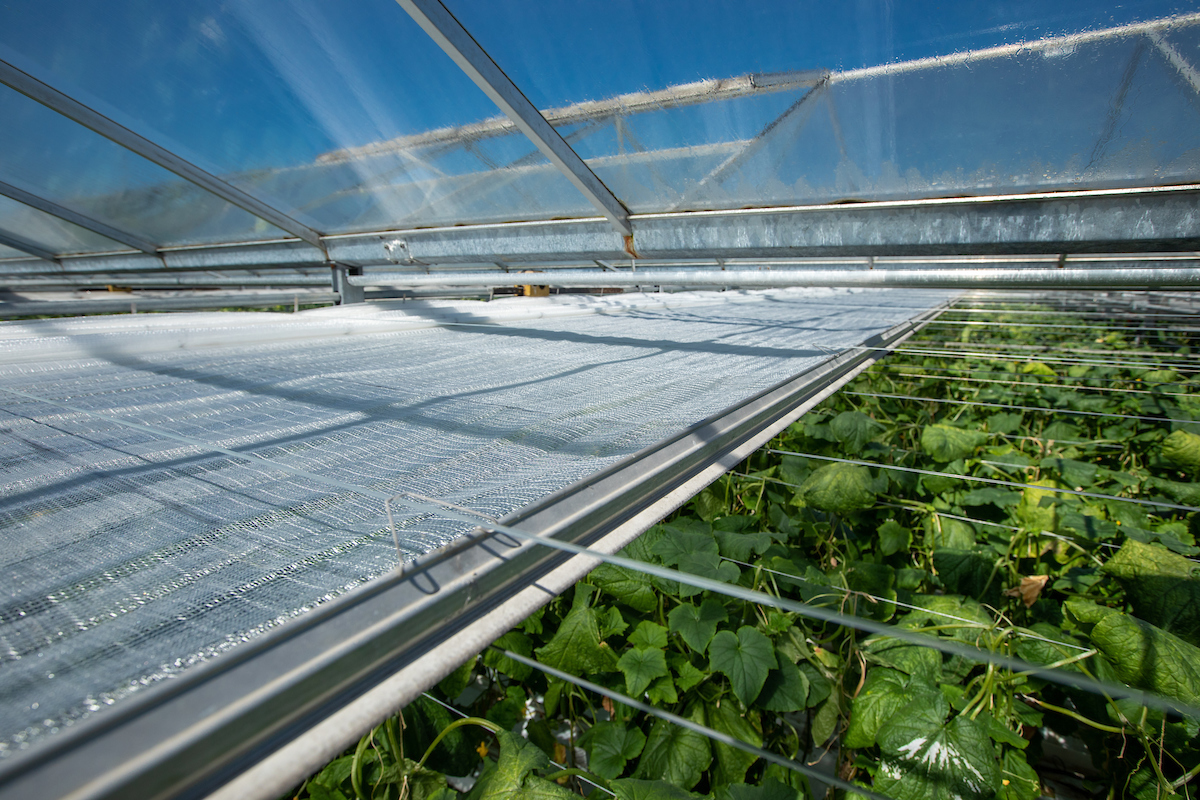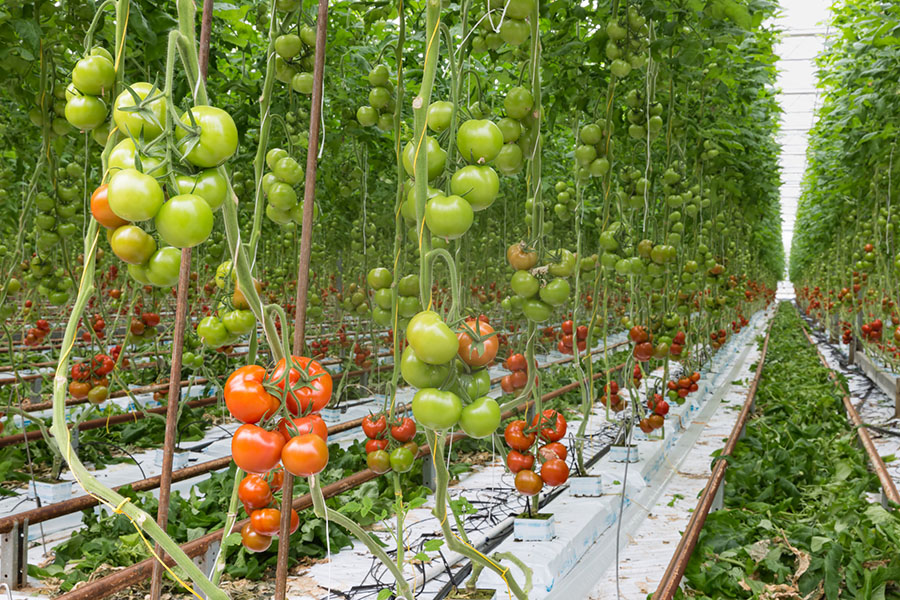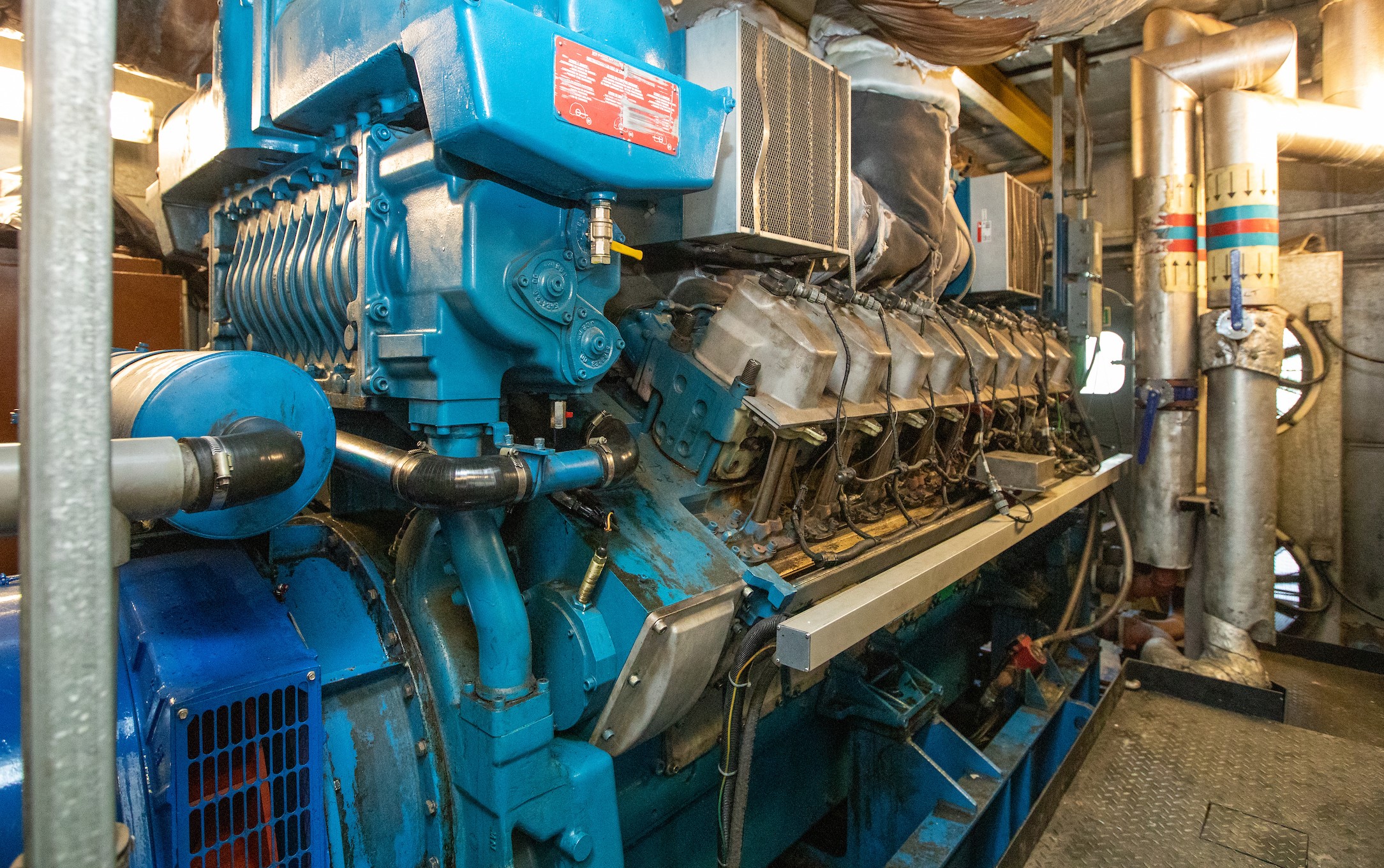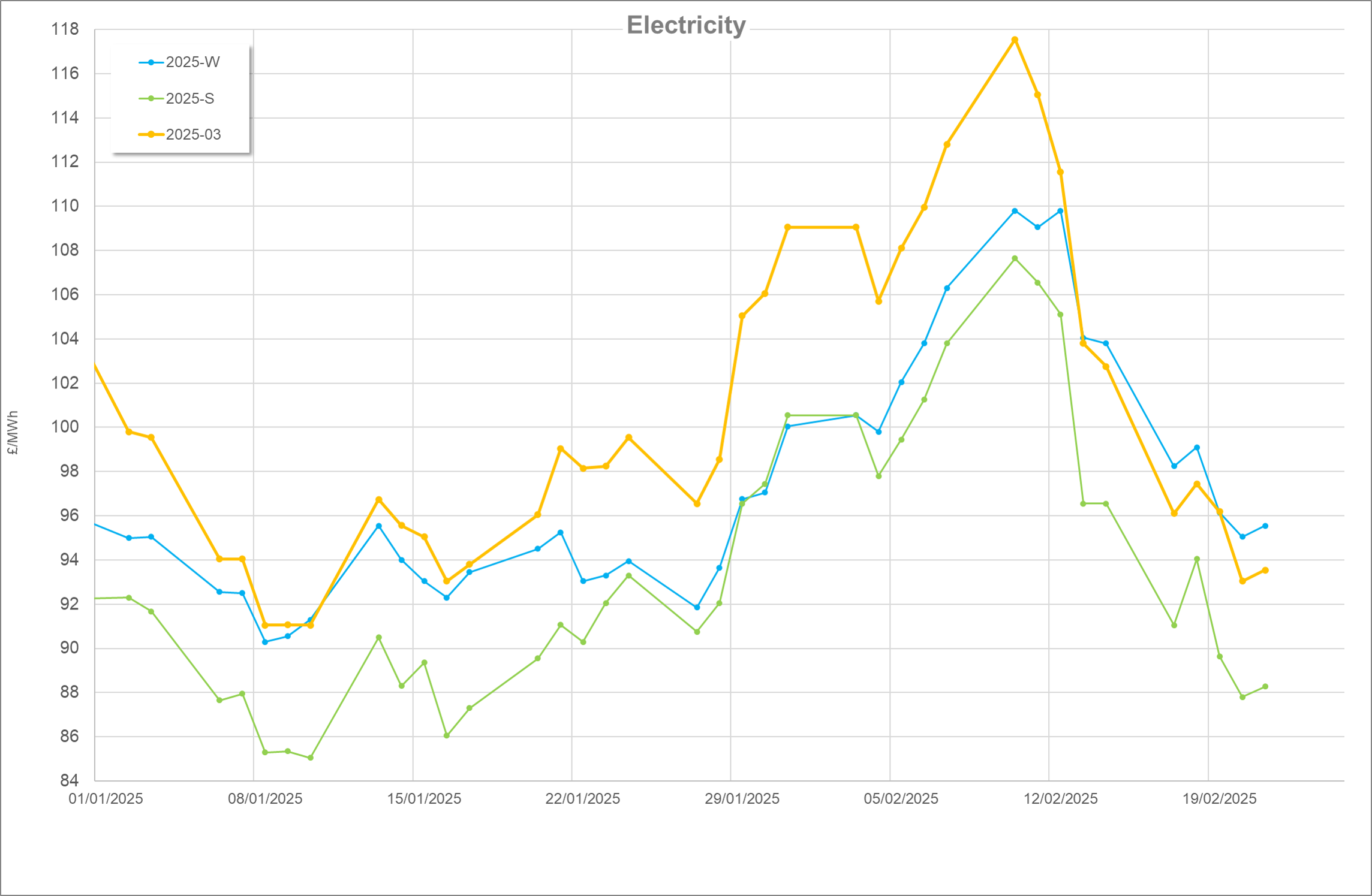In 2023, Growsave organised two workshops focusing on energy efficiency in glasshouses; one on 4th April hosted by Clock House Farm in Maidstone, and the other on 11th July in Boston, Lincolnshire. The content covered was the same for both events:
- The basics of energy efficiency – NFU Energy,
- Glasshouse heating systems – EBTech,
- Glasshouse energy efficiency – Bridge Greenhouses,
- Conducting an energy audit – NFU Energy.
These presentations covered the basic concepts, worked examples of how energy fits into horticultural processes, practical measures to save energy and costs, how to manage energy better, and the benefits and methods of an energy audit. Download the full presentations.
Key takeaways:
- Optimising the generation and use of heat with control systems, preventative maintenance, and insulation
- How energy screening, lighting, and air movement can be used to improve the glasshouse environment while saving energy
- Making use of renewable energy generation
- The importance of good data capture and management in identifying, quantifying, and prioritising improvements.
After presentations were complete, a tour was organised for Clock House Farm at the first event, and Dyson Farming in Carrington at the second. Personnel from the respective farms guided the tours, explaining their site and answering any questions.
Clock House Farm
The Gooselands soft fruit production site of Clock House Farm backs onto the river Medway. 6.5 hectares of high-tech poly greenhouses are heated by a 10.6MW water source heat pump, diverting a consistent supply of low-temperature heat from the river. Pure CO2 is used to supplement fruit growth. Since installation, grid electricity and CO2 costs have skyrocketed, but the Renewable Heat Incentive helps to mitigate these costs.
Heat pumps are a low-carbon method of heating: a ground/water source heat pump using grid electricity produces around 75% less CO2 emissions, compared to an efficient natural gas boiler.
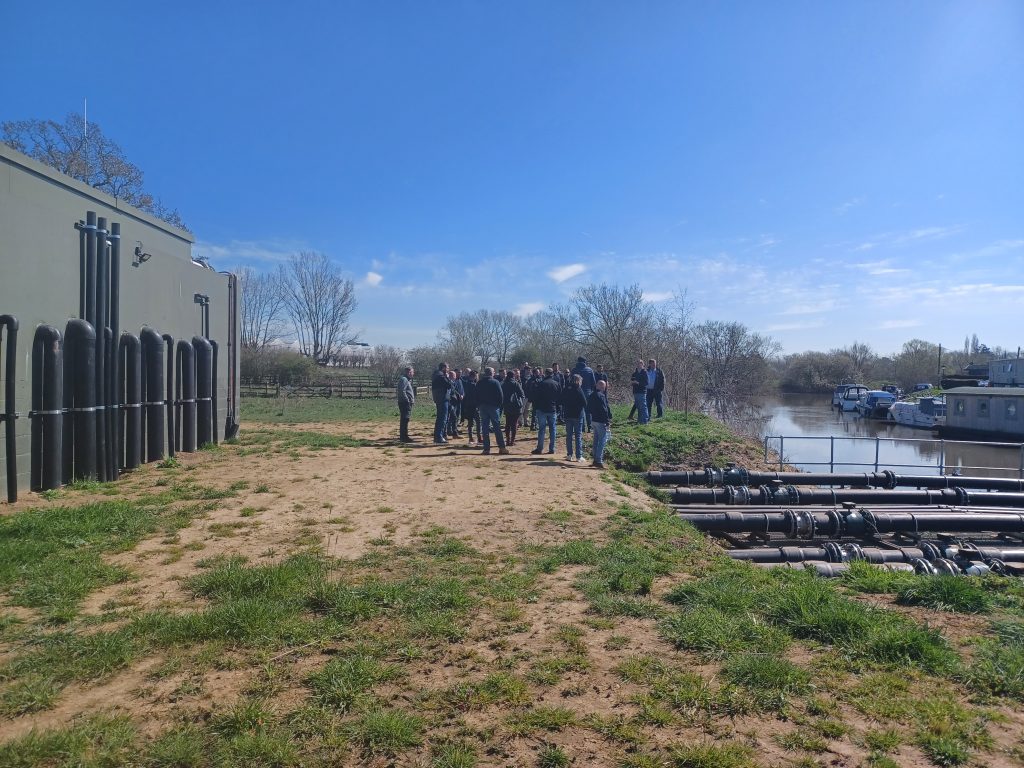
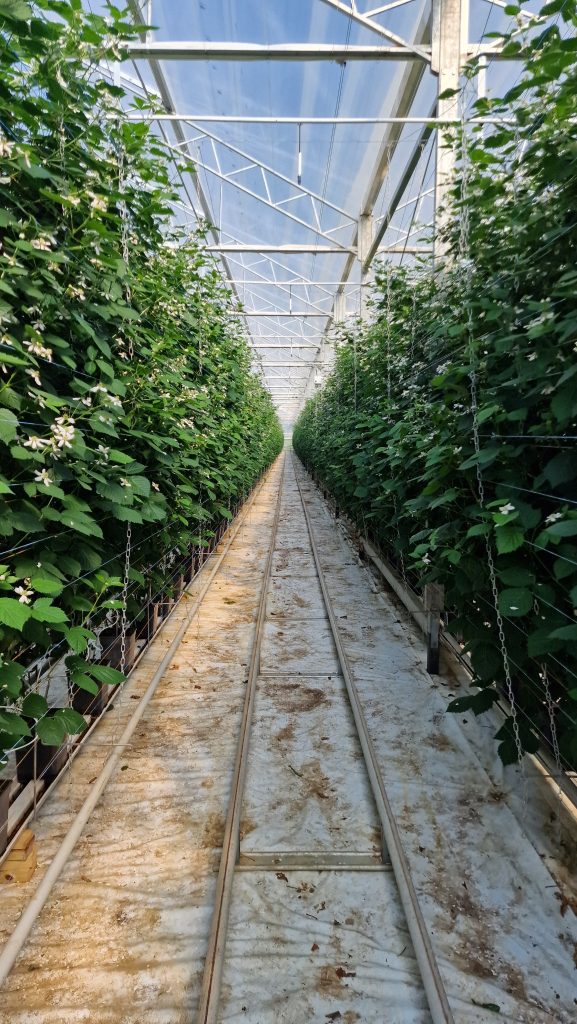
In addition to their low carbon heating system, Clock House has set aside 8 hectares of river meadow as part of an environmental stewardship programme.
Dyson Farming
Dyson Farming Carrington is a diverse farm. Our tour focused in two areas:
- The AD operation, using 100% energy crop silage to generate biogas, feeding 3MW electrical capacity biogas Combined Heat and Power (CHP),
- 6 hectares of glasshouse, growing LED-lit strawberry crop in hanging gutters.
It was clear that a lot of investment had been put into the site, and it was a good example of an efficient modern glasshouse. The CHP helped to power the chilled packing area and LEDs when needed, and the crop made use of the heat. This was supplemented with a large natural gas boiler to meet the heat demand. Digestate and small amounts of growing waste were used as fertiliser, offsetting some of the energy crop nitrogen requirement. A rainwater collection lagoon was also on site, which reduced water demand.
Alongside these sustainability improvements, Dyson Farming has integrated robot UV sterilisation, is undergoing trials for robot picking, and other trials being undertaken in their hidden research areas.

